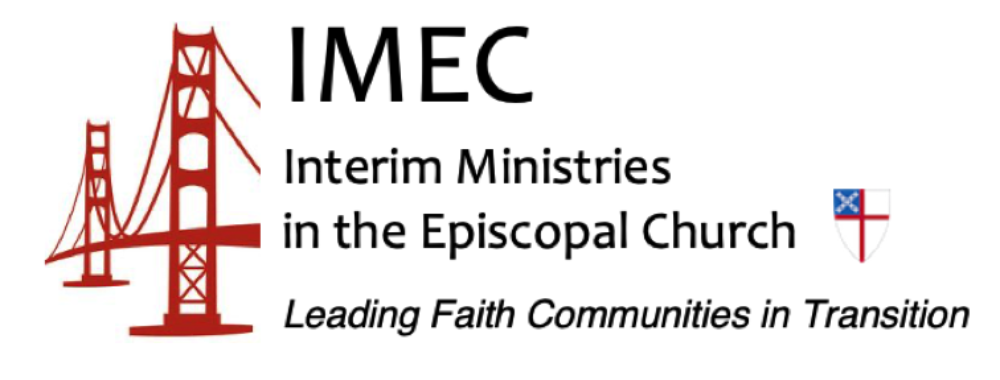Practical methods for making mission
and purpose memorable in congregational settings
Written and produced on February 1, 2022
By The Rev. Dr. William Carl Thomas
The Impact of Repetition
Download a PDF of the article
February 1, 2022
I’m going to very intentionally repeat myself in this article. 50 years ago I learned the importance of the Rule of Three Impacts when it came to making a memorable impression. As a nineteen year-old college student, I wrote and sold radio advertising in the summer of 1972 for WCAS in Cambridge Massachusetts. My main competition was the newspaper (which is hard to imagine in our current world of fragmented media). I would often cold call a store and introduce myself while I gained the owner’s attention. I mean, who wouldn’t want to talk to a salesman! If a successful conversation ensued, I might get to the point where I taught the reason why more than one ad on a radio station was needed. At that moment, I abruptly stopped my presentation and asked if my potential client remembered my name. Most often a blank look followed. I mean, there’s a lot going on when being accosted by someone like me with a briefcase! To help make my point, and to build a deeper relationship, I would repeat “My name is Bill Thomas. My name is Bill Thomas. My name is Bill Thomas.”
Fifty years ago three times was the minimum amount of received impacts needed to make a point in a world without internet and very little cable. In the same spirit as my cold call hopefully taught a business owner, please let me offer an insight that has helped me build congregational vitality in both settled and interim situations. Whether highly liturgical or free-form, when congregations gather, the human embrace of expectation and habit organizes that time. The trick for the skilled communicator, such as the one who repeats “My name is Bill Thomas. My name is Bill Thomas. My name is Bill Thomas,” is to find and use a moment within that gathered time, either in person or now online, to expound and reinforce.
My practice is to settle into preaching by offering an adaptation of the words from Psalm 19 verse 14 followed by a statement of purpose proclaimed as mission or invitation. My current approach, as I preach in differing congregations as a retired Episcopal Priest, sounds like this:
O Lord our strength and our redeemer, may the words of my mouth and the meditations of our hearts be acceptable in your sight for God invites us to live and love like Jesus, so that in the power of the Holy Spirit, others may do the same.This is a moderately subtle call to discipleship, a word that often has a negative connotation. Often I will reveal to a congregation why this call to be a disciple is at the heart of following the loving, liberating, and lifegiving way of Jesus.
Another mission or invitation that I use following my adapted Psalm 19:14 is We belong to one another. Together, with God’s help, we can make one another stronger. This statement lends itself to print documents as well as mission oriented conversation in congregational leadership meetings.
When I began serving as rector of St. Matthews Episcopal Church, Charleston, West Virginia in 2003, I discovered a wonderful yet lost mission statement. I began to offer at each sermon, again following my adaptation of Psalm 19:14, these words crafted ten years before my arrival: For God calls us to be Christ-centered community, equipping and enabling ourselves to minister in the Power of the Holy Spirit, so that people are drawn to Christ. In my seventh year as rector at the parish annual meeting, I asked the congregation to say this mission statement aloud. To their surprise, strong voices filled the church and said it aloud.
There is another spot in the normative liturgy of the Episcopal Church where I deepen the meaning of sharing the Peace of Christ. As I prepare to say, “May the Peace of the Lord be always with you” to which the congregation replies “And also with you,” I say, “My brothers and sisters in Christ, I offer you Shalom.” At appropriate moments in our pastoral relationship, I teach the meaning of Shalom as found in the book Mutual Ministry by James Fenhagen. Without going into great detail, to invite shalom means to offer the richness and fulness of all that God has to offer.
I hope that you’ve noticed that God’s subtle sense of humor abounds in this article. Not only do I hold a B.S. in Communication from Boston University, but I spent the first ten years of my professional life using communication techniques to unsettle people in order to get their attention to buy something they might not really need. I hear holy laughter when I find I need to use those same techniques these past forty years to undo the damage I might have caused in those first ten. By the way, the least important thing I may have I told you is “My name is Bill Thomas. My name is Bill Thomas. My name is Bill Thomas.” What do you claim as bears repeating.


